The Pros and Cons of Social Media: A Blessing or A Curse?
In the current digital era, social media has ingrained itself deeply into our daily lives. It has transformed how we connect, share information, and consume content. Platforms like Facebook, Twitter, Instagram, and TikTok have taken the world by storm, offering exciting opportunities and challenges.
This article delves into the pros and cons of social media, exploring whether it is a blessing or a curse for society. Let’s dive in and explore the impact of social media on our lives.
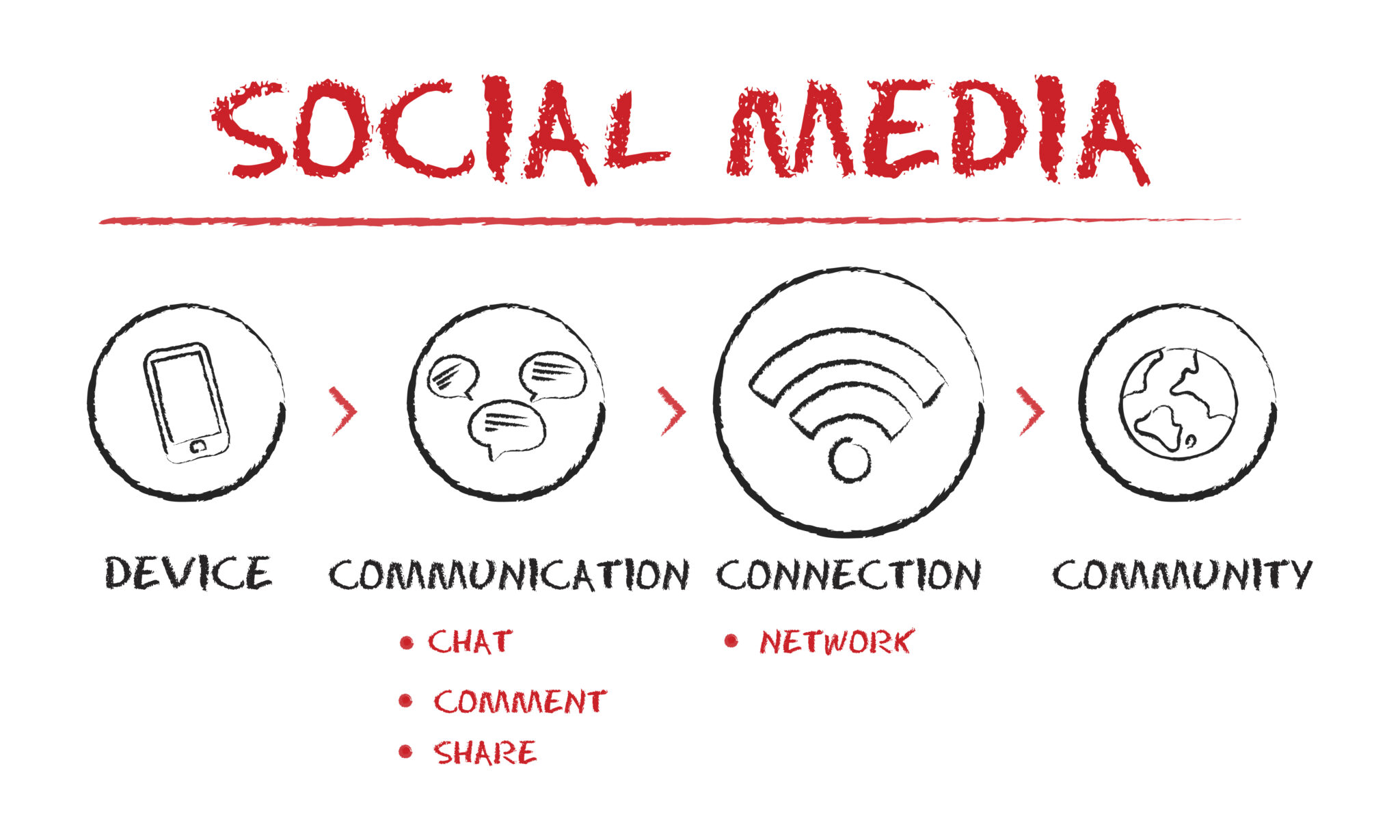
Image by Freepik
1. The Power of Connection
Social media has revolutionized communication, allowing us to connect with people worldwide. Social media platforms help us in two ways.
- First, they help us reconnect with old friends.
- Second, they assist us in making new friends.
These platforms make social bonding easier and give a sense of a smaller and more connected world. According to a survey, over 4.5 billion people use social media daily, illustrating its widespread influence on global communication.
2. Information at Your Fingertips
One of the greatest advantages of social media is instant access to information. News, updates, and trends spread like wildfire on platforms like Twitter. Social media is very useful in times of crisis. For example, it allows information to spread quickly during emergencies or natural disasters.
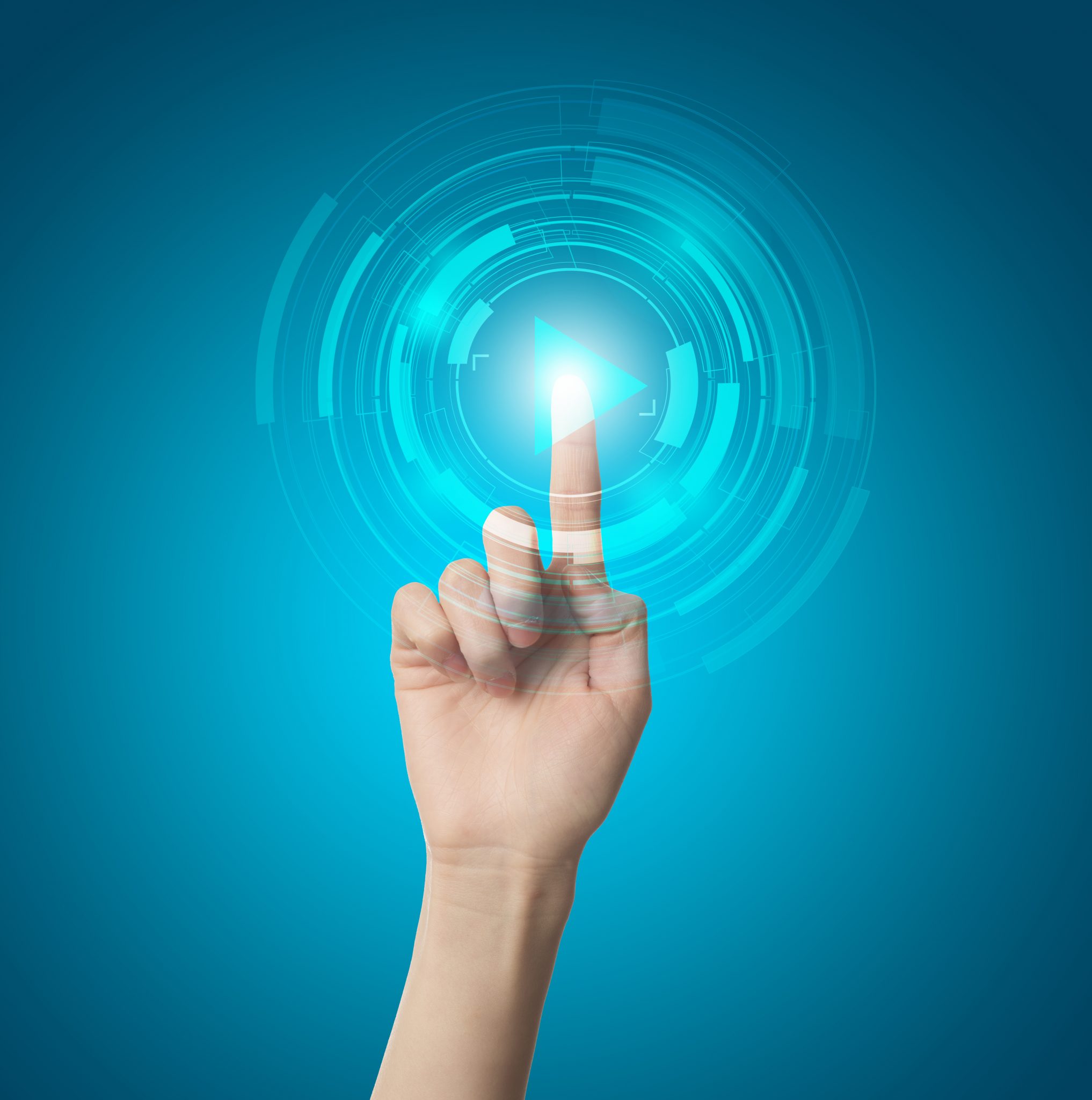 Image by Freepik
Image by Freepik
3. Opportunities for Businesses
For businesses, social media has opened up a treasure trove of opportunities. With over 3.8 billion social media users worldwide, companies can tap into a massive audience for advertising and brand promotion. Social media analytics can give us important information about how consumers behave. It allows businesses to adjust their marketing tactics for improved outcomes.
4. Fostering Creativity and Expression
Social media has empowered individuals to express their creativity and showcase their talents. Whether through photography on Instagram, short videos on TikTok, or thoughtful posts on personal blogs, users can share their passions with the world. This creative outlet has led to the discovery of numerous influencers and artists who might not have gained recognition otherwise.
5. Social Activism and Awareness
Social media has catalyzed social change, enabling activists to raise awareness about various causes. Movements like #MeToo and #BlackLivesMatter gained momentum through online platforms, reaching millions of people worldwide. It has encouraged conversations on important social issues and allowed marginalized voices to be heard.
6. Negative Effects on Mental Health
Despite its numerous advantages, social media has also been associated with several negative effects on mental health. Always comparing yourself to others’ seemingly flawless lives on social media can make you feel like you’re not good enough. Studies have linked excessive social media use to increased rates of anxiety, depression, and loneliness, especially among teenagers.
7. Spread of Misinformation
One of the significant challenges of social media is the rampant spread of misinformation. False news and rumors can go viral within minutes, leading to confusion and panic. According to a survey by the Pew Research Center, just under half – about 48% – of American adults admit they frequently or occasionally get their news from social media. This is a 5% drop compared to 2020’s statistics. Making it crucial for platforms to address the issue of misinformation and fact-checking.
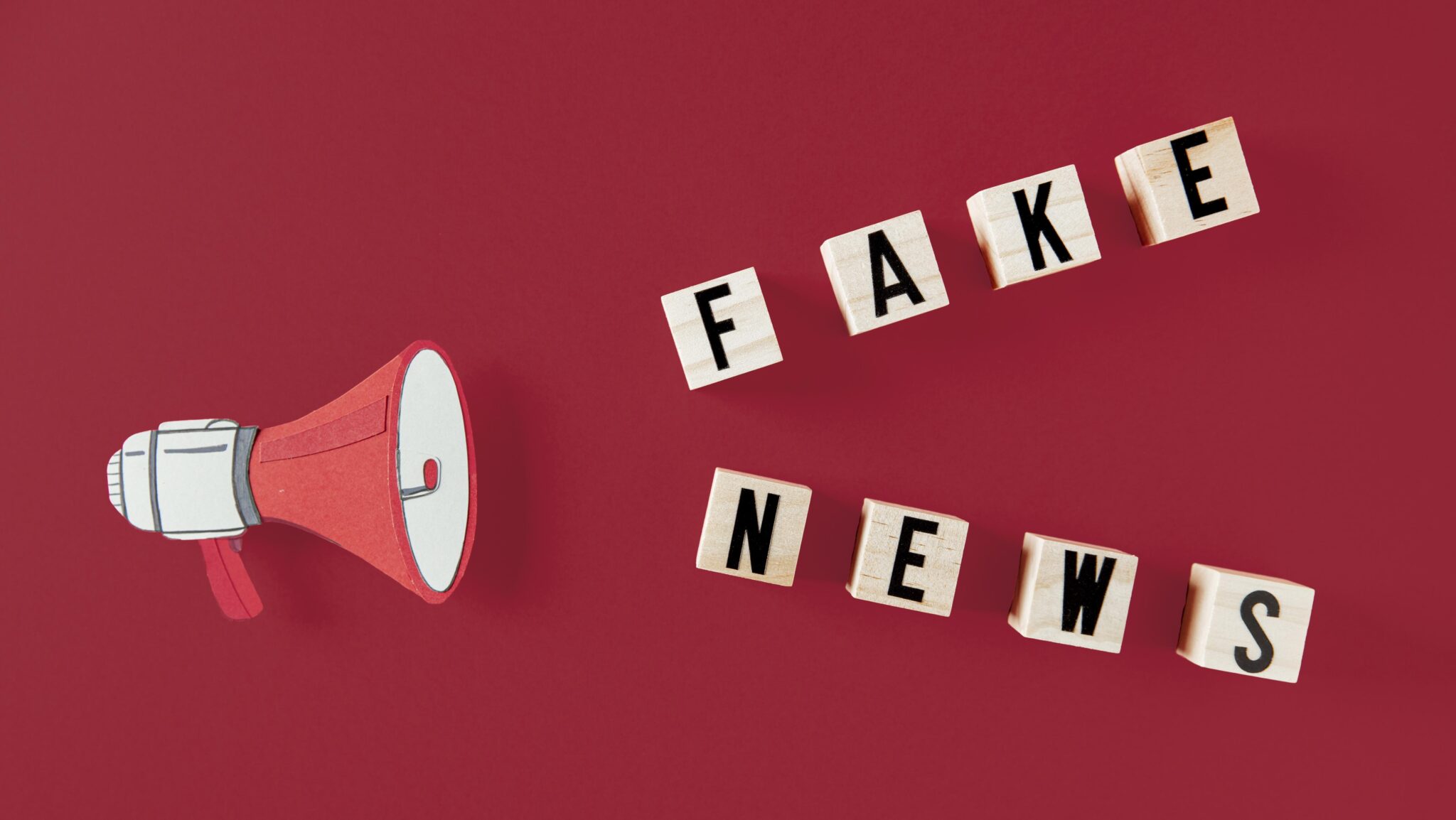 Image by Freepik
Image by Freepik
8. Privacy Concerns
Privacy breaches and data leaks have raised concerns about the safety of personal information shared on social media. With cyberattacks and hacking becoming more sophisticated, protecting users’ privacy has become paramount. A study revealed that 68% of social media users are worried about their data being accessed without consent.
9. Addiction and Time Wastage
The addictive nature of social media is a significant concern for many individuals. Always scrolling and getting many notifications can make you feel like you must always check these platforms. It can lower your productivity and impact your face-to-face relationships. Studies have shown that social media users spend an average of 2.5 hours per day on these platforms.
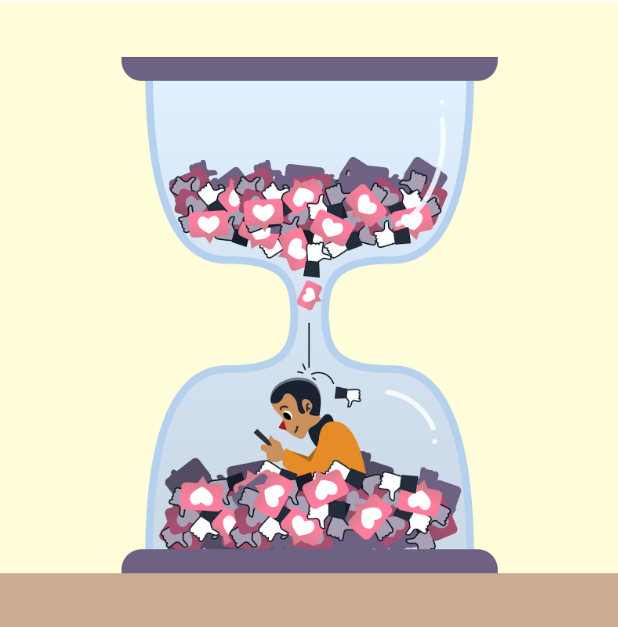 Image by Freepik
Image by Freepik
10. Impact on Relationships
While social media facilitates connections, it can also strain real-life relationships. Using social media too much could mean we’re talking less in person. It can lower the quality of our real-life relationships. Furthermore, misunderstandings and conflicts arising from misinterpreted posts or comments can damage relationships.
11. Cyberbullying and Online Harassment
The anonymity provided by social media can sometimes lead to cyberbullying and online harassment. Teenagers in particular may find it difficult to avoid persistent cyberbullying. Serious emotional and mental health issues may result from it. According to a report, 7 in 10 young people have experienced cyberbullying at least once before they hit the age of 18.
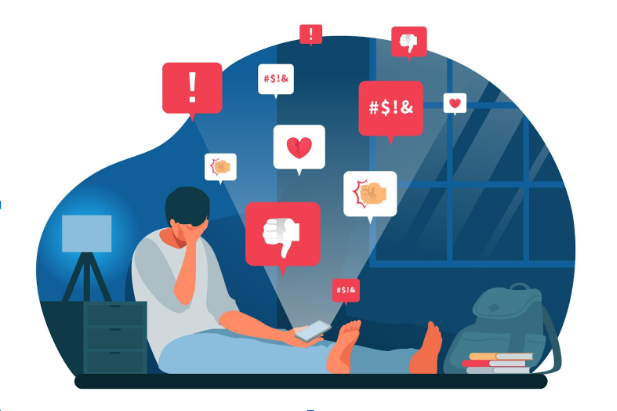 Image by Freepik
Image by Freepik
12. Influence on Political Discourse
Social media plays a significant role in shaping political discourse and public opinion. Social media has created a place where different opinions can be shared. However, it also gets blamed for creating groups that only share similar views. Plus, it is often used to spread content that divides people. A Pew Research Center study found that 62% of American adults believe social media has a negative impact on political discussions.
Conclusion
Social media is a double-edged sword with benefits and drawbacks. Its power to connect people, disseminate information, and promote businesses is undeniable. At the same time, it poses risks to mental health, privacy, and interpersonal relationships. The key lies in responsible and mindful use of social media as individuals and as a society. We can make the most out of social media if we understand its risks. By working towards creating a safe and positive online space, we can reduce the negative aspects that can sometimes feel like a curse.
FAQs
1. Can social media really impact mental health?
Several studies show a connection between heavy social media use and raised anxiety levels. Many also found that it can lead to more depression. On top of it all, there’s a link between using too much social media and feeling lonely. Social media often makes us compare ourselves with others. It also shows us unrealistic standards. Both of these factors can harm our mental health.
2. How can businesses benefit from social media?
Social media provides businesses with a vast audience for advertising and brand promotion. It also offers valuable analytics to understand consumer behavior and tailor marketing strategies accordingly.
3. What are some ways to protect personal privacy on social media?
Users should take steps to keep their personal information safe on social media. One way to do this is by regularly checking their privacy settings. It’s important not to share sensitive information so that everyone can see it. Also, be careful when someone you don’t know sends a friend request or asks you to follow them.
4. Can social media be a tool for social activism?
Absolutely. Social media holds a key role in increasing awareness about different social issues. It provides a platform for activists to share their views and rally for change. This leads to worldwide discussions that can trigger positive actions.
5. How can we combat misinformation on social media?
Combatting misinformation requires collective efforts from platforms, users, and fact-checking organizations. People should double-check information before they share it on social media. At the same time, social media platforms need to have strong systems in place to check facts. These systems should be able to flag any false content automatically.









